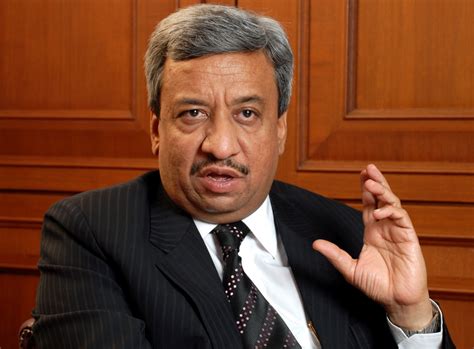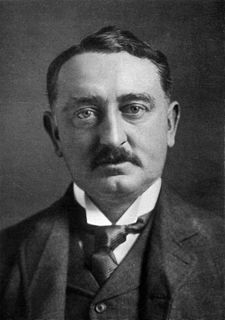A Quote by Laura Arrillaga-Andreessen
The word ‘philanthropy’ brings up an image of somebody who’s had an illustrious career, has retired and is giving to highly established institutions that may or may not have ivy growing up their walls. I personally have felt the need to give philanthropy a reboot.
Related Quotes
There are three lessons in philanthropy - one, involve the family, especially the spouse. She can be a remarkable driver of your initiative. Two, you need to build an institution, and you need to scale it up. Choose a leader for philanthropy whom you trust. Three, philanthropy needs patience, tenacity and time.
I used to be opposed to the idea of social entrepreneurship. I said, you know, let business be business, and philanthropy be philanthropy. Keep the two separate, don't mix it up, and this is what I did, and I did that rather successfully, but I now recognize that actually you do need to mix it up and I think there is room for social entrepreneurship.
One of the big myths about philanthropy is that it's all about donating funds for a cause. I like to look at it quite differently. Philanthropy is about 'giving' - not just in monetary terms but also in non-monetary aspects, like time, ideas, or being a volunteer. Donating money is just a small part of philanthropy.
I think philanthropy is also growing and catching on. Figuring out how the philanthropy sector, which is quite small compared to the private sector, which is the biggest by far, and then the governments, you know, even in these poor countries over time has to take on these key responsibilities. How does philanthropy accelerate that? Drive the kind of innovations, make sure they get used well. So it plays this kind of special role.

































